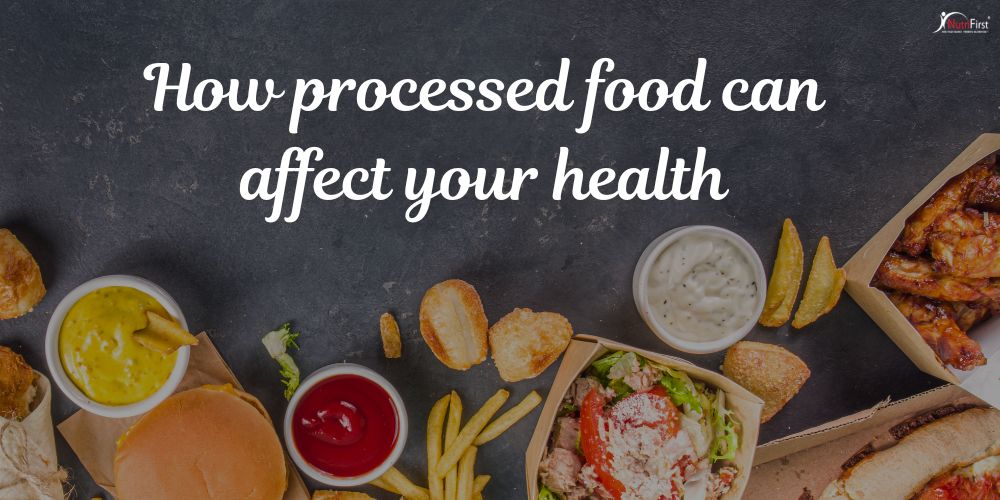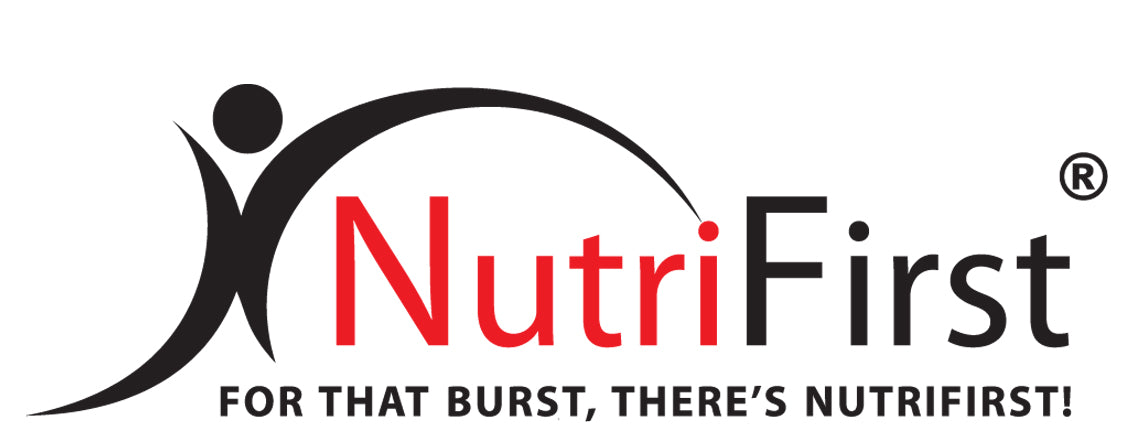
How processed foods can affect your health.
Over the past few decades, there has been a significant rise in the consumption of processed foods. This has led to a number of health concerns, such as obesity and diabetes.
What exactly is a processed food? A processed food is a product that has been altered in some way, often to make it more convenient or quicker to prepare. Examples of processed foods include canned vegetables, frozen dinners, and ready-made sandwiches. Processed foods can be high in salt, fat and sugar, so eating them can lead to weight gain and increase your risk of health problems such as heart disease and diabetes.
Here are some of the effects of consuming processed foods:
1. It promotes obesity: Foods that contain a lot of sugar, fat and sodium can make people feel more hungry and cause them to eat more. In some people, this can lead to overeating and obesity. People who eat a lot of processed or packaged food tend to have larger waistlines, which is a risk factor for many serious diseases, including heart disease and diabetes.
2. It leads to inflammation: Eating too much sugar and fat can cause an inflammatory response in the body, which can lead to an increased risk of problems such as arthritis, heart disease and cancer. Eating too many processed foods can also increase the risk of diabetes and worsen the symptoms of asthma.
3. It can disrupt your hormones: Too much sugar can disrupt the balance of natural hormones in the body and lead to conditions such as pre-diabetes and infertility. Many processed foods also contain artificial colours and flavours, which can cause allergic reactions in some people. Certain preservatives that are found in processed foods have also been linked to hyperactivity in children and have been linked to cancer in laboratory animals.
There are some steps you can take to reduce your intake of processed foods:
1. Shop around: Check the labels of the products you buy and choose the ones that contain the least amount of sugar and fat. You should also check the ingredients list and avoid products that contain a long list of ingredients that you can't pronounce. You should also try to avoid buying food products that are high in salt, which can make you retain water and leave you feeling bloated.
2. Buy fresh food: Try to buy as many fruits and vegetables as you can and cook meals from scratch at home instead of buying pre-prepared convenience foods. You can also freeze extra vegetables and use them to make smoothies the next day.
3. Limit your portion sizes: Aim for a smaller plate when serving yourself and control the amount of carbohydrates you eat at each meal. This is particularly important if you are trying to lose weight. Try to fill up on lean protein and vegetables first and keep your carbs to an absolute minimum, such as fruits or starchy vegetables like potatoes.
4. Avoid foods that are high in sugar: Soda, sports drinks, fruit drinks and fruit juices are all packed with sugar. You should avoid eating processed snacks such as cookies, cakes, candies and chocolates. Fruit juices are also high in sugar so try to eat whole fruit instead or drink 100% unsweetened fruit juices such as apple or orange.
5. Eat more nuts: Nuts are a good source of protein, healthy fats and fibre and are low in sugar. Almonds, walnuts and cashews are all great choices but you can also make your own trail mix using a variety of nuts and dried fruits. Another great option is to make nut-based snacks at home using nut butters and whole almonds and pecans.
There are many other alternatives to processed foods that you should incorporate into your diet if you want to live a healthier lifestyle. For example, you can use herbs and spices instead of salt to flavour your meals and you can swap refined grains like white rice and white bread for wholegrain varieties.
Live your best life today.
